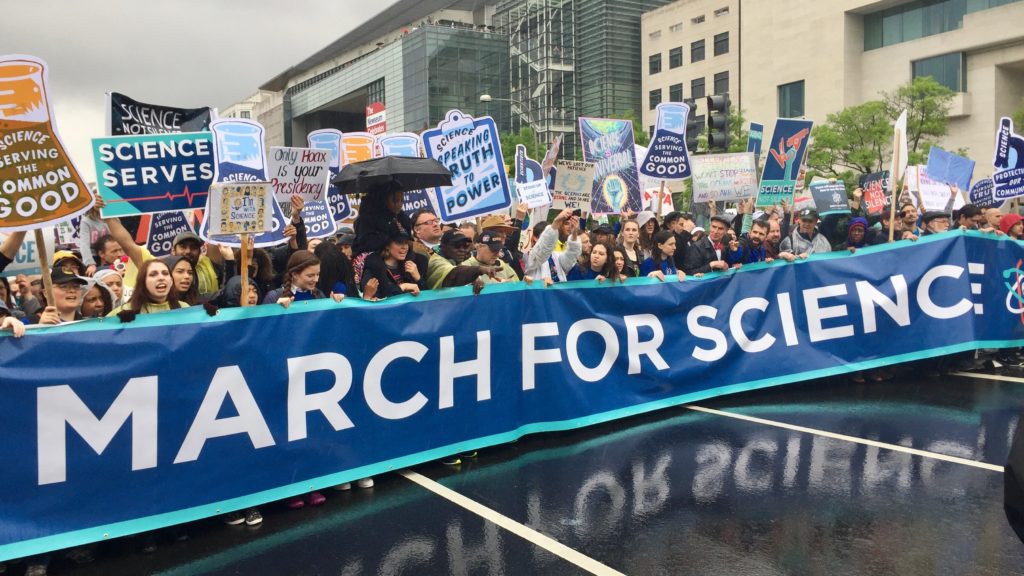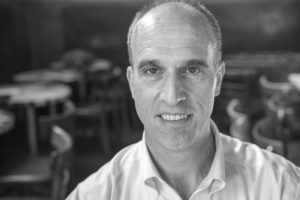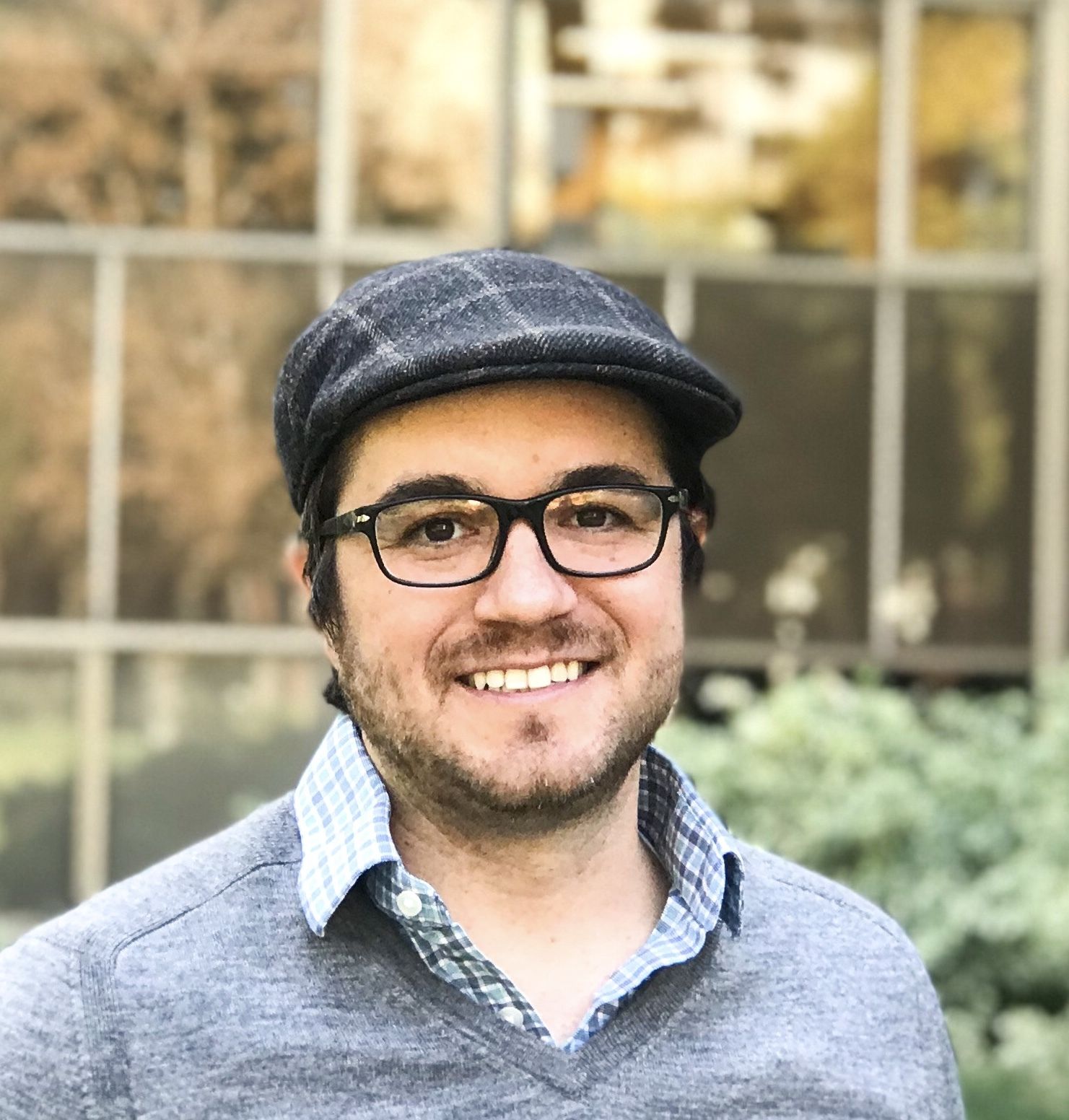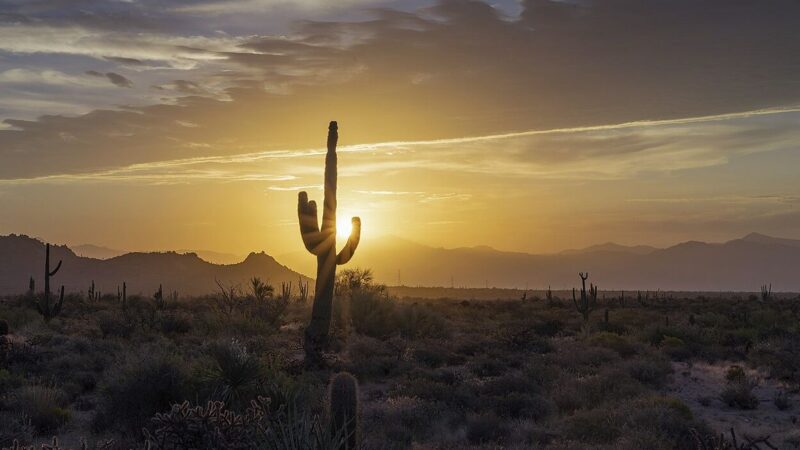
Science in a hostile environment: Q&A with Ken Kimmell, Union of Concerned Scientists president
This Thursday, January 25, UCLA Law School’s Emmett Center on Climate Change and the Environment continues that exploration, hosting a free, public discussion at Fowler Museum on holding fossil fuel companies accountable in California. Closing remarks will be delivered by Ken Kimmell, president of the Union of Concerned Scientists.
From national monuments to climate change, 2017 was a tough year for environmentalists, driving states, communities and advocates to explore new strategies.
This Thursday, January 25, UCLA Law School’s Emmett Center on Climate Change and the Environment continues that exploration, hosting a free, public discussion at Fowler Museum on holding fossil fuel companies accountable in California. After keynote remarks by author and 350.org founder Bill McKibben, an all-star panel will explore scientific and legal strategies, as well as perspectives from the communities most affected by the negative impacts of the industry.
Closing remarks will be delivered by Ken Kimmell, president of the Union of Concerned Scientists. Kimmell, a UCLA Law School alumnus with 30 years of experience in government, environmental policy, and advocacy, now serves as a national advocate for clean energy and transportation policies.
Kimmell recently spoke with us about how scientists can be effective in challenging political and social settings, and what gave him the most concern and hope during the first year of the Donald Trump administration.

The Union of Concerned Scientists has been hard at work holding government accountable, but what about scientists themselves? What do scientific and academic communities need to do better?
KIMMELL: I would paraphrase the person who said “90 percent of life is showing up.” I think the key thing is for scientists to get out of their labs and classrooms as much as they can to engage with the public and decisionmakers, and to make sure their voice is heard. We have seen some really good signs that this is happening. The March for Science back in the spring is one example. At the Union of Concerned Scientists we’ve seen a real increase in both the quantity of scientists who want to engage publicly and the quality of that engagement, moving from just pushing a button on an electronic signature to actually showing up at town hall meetings, meeting with members of Congress or writing op-eds. Scientists need to recognize that we’re at a moment where science itself is under attack, and that requires a very public mobilization to counter it.
Clearly some of the public rejects science, at least on some politically-charged issues. How can scientists reach more of them?
This is a very tough problem. We have to start with the recognition that we are not going to persuade everyone. We’re not going to persuade everyone that climate science is correct. We’re not going to persuade everyone that taking vaccines is a public health necessity. But to win on these fights and others we don’t have to persuade absolutely everyone who has dug in. We have found that there are ways of getting people who may be skeptical about climate science on your side. Most people recognize the climate is changing. Where the disagreement comes in is that some people have not accepted that the combustion of fossil fuels is the primary cause. But even people who are skeptical about the science tend to agree with those who are not skeptical when it comes to the solutions. They favor renewable energy. They favor electric vehicles. They favor highly efficient buildings so we’re not wasting energy. One thing that we found works with people who are skeptical about climate science is to focus on solutions where there’s a lot of consensus rather than diagnosing the problem, where there’s not consensus. That may seem counterintuitive. You might think that you’ve got to agree on the problem before getting to solutions, but that’s the reality of this.
A second thing we’ve seen work is having people who are in the same “tribe” be the messengers on science, using the language and cultural norms that are comfortable to that tribe. For example, there’s a climate scientist we work with named Katherine Hayhoe. She’s a professor in Texas. She has a wonderful way of talking about climate change to people who are evangelicals, who live in conservative communities. She’s part of that community and there’s a trust with her that there might not be with others. So choosing the right messenger is sometimes important and can be effective in helping people who are skeptical come over to your side. Having said that, there will be dyed-in-the-wool climate deniers who are not going to be able to change their mind, and that shouldn’t really be our goal.
It has been a tumultuous first year for the country under the Trump administration. Out of all that has happened, what’s the single most troubling thing to you?
I would say the loss of decency and kindness in public life. The breaking of these norms of conduct that we expect our leaders to adhere to is probably the single most distressing thing. I would also throw in there the glorification of ignorance and the lack of accountability for an administration that says things not based on facts or evidence—and the lack of respect for people with expertise. I see all of those things as coming straight from the top, unfortunately, from Donald Trump personally. And it is a cancerous phenomenon that is spreading across our body politic.
On the other side of the coin, what gives you the most hope for the future?
There is a very strong resistance coming from all elements of civil society. We see it in the Women’s March, the Climate March, the March for Science. We’ve seen it in opposition to hateful immigration policies including the Muslim ban. We saw it in the town hall meetings over the summer, where people spoke up about things like healthcare. And then, of course, we saw it in the off-year elections. There was record-high participation, including by people who hadn’t really participated in the political process before. At Union of Concerned Scientists, we have our own metrics of that. We now have 24,000 scientists in our network who are taking leadership roles in their communities in ways we hadn’t seen before.
I would also say that on climate policy, although the Trump Administration is doing things at the federal level that will slow down some progress, the clean energy train has left the station. It is continuing to go forward notwithstanding Trump. So you’re seeing continued falling prices for solar energy, for energy storage, for wind, for electric vehicles. These things are permeating the marketplace and will continue to take hold. The other piece that gives me hope is that business, state and local leaders are stepping into the void created by the Trump administration going AWOL on climate. You’re seeing lots of initiatives at the local, state and corporate level to tell the rest of the world “we are still in this fight, and whatever Donald Trump thinks about climate, that belief is not shared by a lot of other Americans.” That’s been a powerful response that tempered what otherwise would be a more distressing message.
TOP IMAGE: Washington D.C. March for Science, April 22, 2017. | Photo via Wikimedia Commons.




